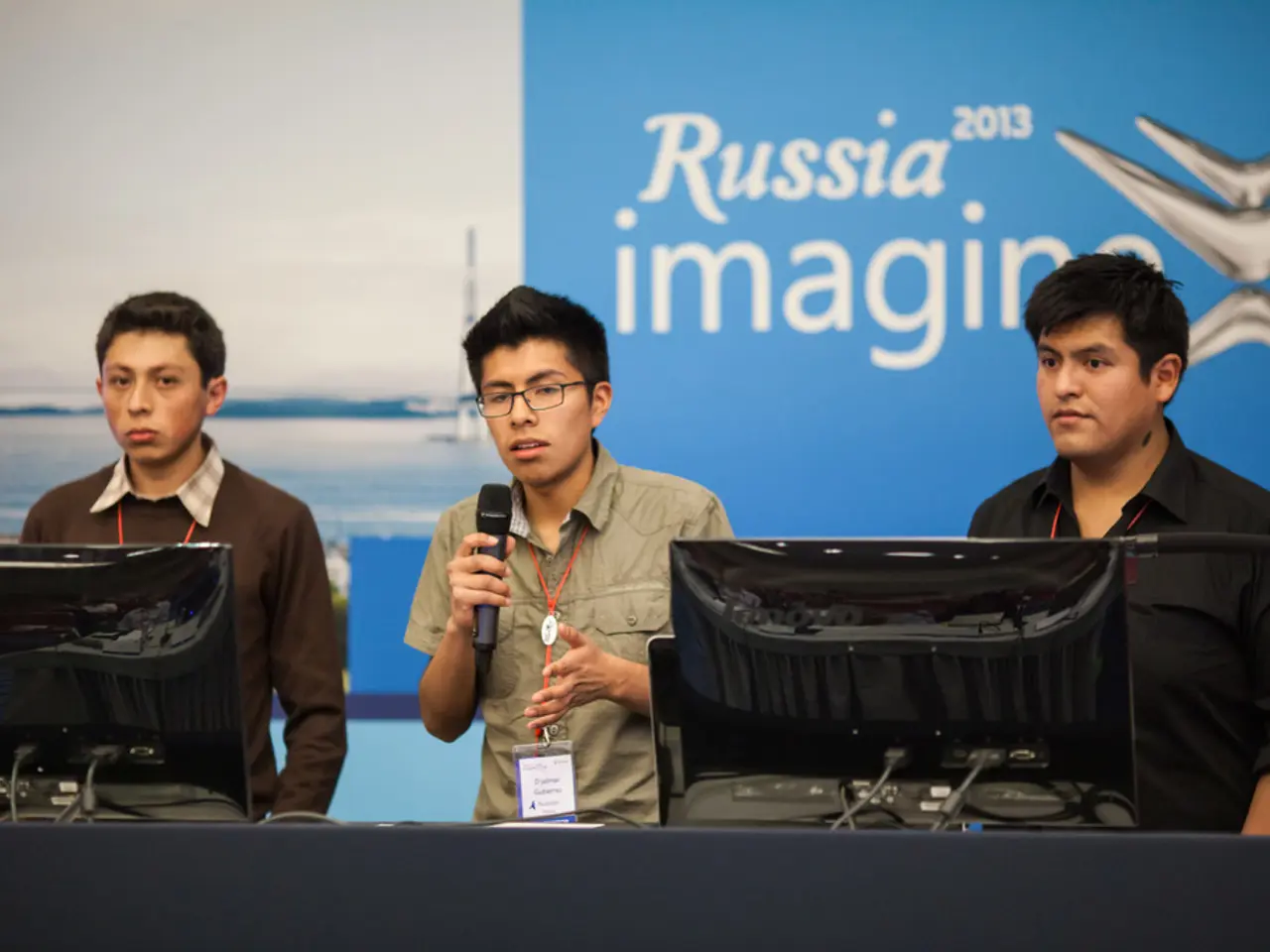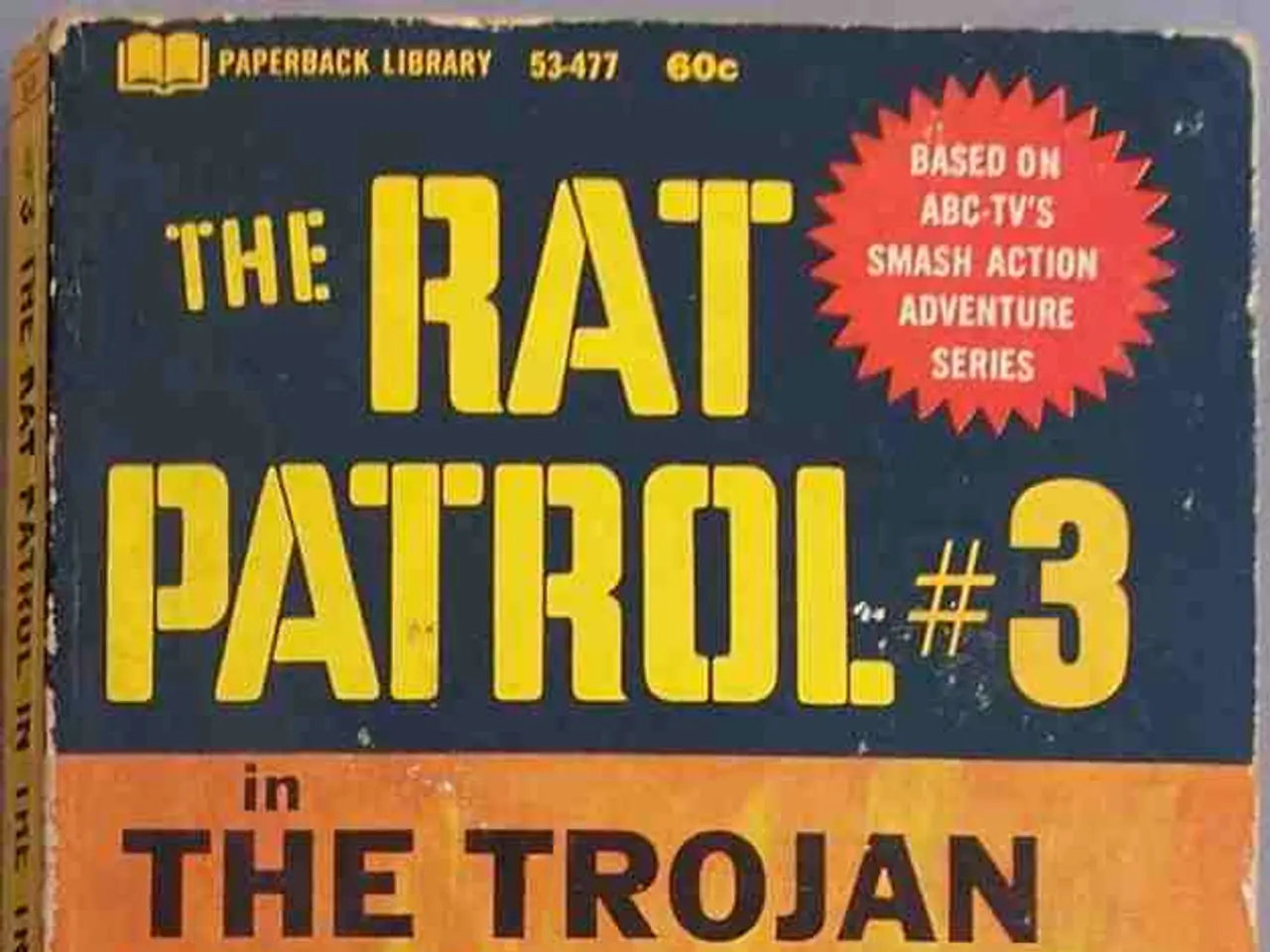Death toll rises in Gaza as Israel escalates attacks
In the ongoing conflict in Gaza, negotiations for a ceasefire are gathering momentum, yet the outlook remains uncertain as both Israel and Hamas prepare for further talks.
Hamas has expressed satisfaction with a U.S.-guaranteed ceasefire proposal framework, which includes assurances from mediators that fighting will not resume while negotiations are active. However, the proposal, which reportedly contains no substantial changes from an earlier version submitted in May, is subject to conditions from Hamas. They are seeking measures to prevent Israel from resuming hostilities if a permanent deal is not reached, such as the gradual release of hostages.
Israel, on the other hand, has insisted on Hamas relinquishing power and demilitarizing as part of a 60-day ceasefire plan, with Prime Minister Netanyahu vowing there will be "no Hamas" after this period.
Despite U.S. President Donald Trump's active involvement and pressure to secure the ceasefire, observers remain skeptical about the prospects of a lasting agreement. Analysts highlight the fundamental impasse: Israel is unwilling to permanently end the war without Hamas disarming, and Hamas refuses to accept anything less than more comprehensive terms.
Meanwhile, the death toll continues to rise. In a tragic incident in Khan Younis, 15 people were allegedly killed while waiting for aid, bringing the total number of deaths across Gaza on Thursday to more than 80, according to health officials. Images at the scene showed flames inside a building and several bodies that had been severely burned. Another 20 people died in strikes on encampments in the same area.
In Gaza City, a school-turned-displacement facility was struck, resulting in 15 deaths and 25 injuries. The aid seekers were waiting near the US-backed Gaza Humanitarian Foundation (GHF) distribution sites when they were hit.
One eyewitness, Ahmed Khella, described the incident as a trap, with people stabbing each other for food and an hour and a half of Israeli gunfire. Khella also expressed frustration towards Hamas, referring to them as "all dogs."
If Hamas agrees positively to the proposal, an Israeli delegation is reportedly ready to head to Doha for mediated talks to finalize remaining issues. The current status of the ceasefire negotiations suggests a delicate balance, with both sides hoping for a peaceful resolution while also maintaining their respective positions.
The U.S.-guaranteed ceasefire proposal, currently under consideration by Hamas, includes a provision to prevent Israel from resuming hostilities during negotiations, with the possibility of releasing hostages as a measure. On the contrary, Israel insists on Hamas relinquishing power and demilitarizing as part of their 60-day ceasefire plan, a demand that Hamas refuses to accept, leading to skepticism about a lasting agreement.








